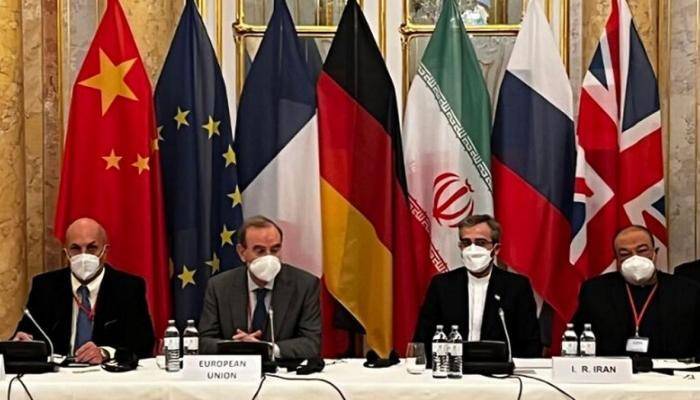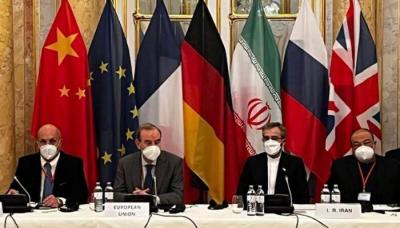The U.S. State Department denied on Tuesday that a nuclear agreement had been reached with Iran, stating that the status of negotiations with Tehran remains unchanged. The Department indicated that the United States has sent its response to the proposed European draft, and the ball is not currently in Washington's court.
On Tuesday, the "Iran International" channel reported remarks from Behrouz Kamalvandi, spokesperson for the Iranian Atomic Energy Organization, stating that "the demands of the agency (International Atomic Energy Agency) from Iran are excessive." He added, "If the West lifts sanctions and returns to its commitments, Tehran will also return to the commitments it accepted under the nuclear agreement."
As nuclear talks approach their final critical phase, the head of the Iranian Atomic Energy Organization, Mohammad Eslami, criticized France on Monday. In media comments, he stated that "France is the most troublesome in the negotiations," which have extended for several months.
He also considered that "the basis of negotiations for the comprehensive action plan is to drop the accusations against his country and to stop disseminating fabricated news and alleged documents against it." He noted that "the sanctions imposed on Iran under these pretexts should have been lifted during the Vienna negotiations," arguing that the current goal of the negotiations is to remove the sanctions so that the Iranian people can benefit economically from their lifting.
Iranian President Ebrahim Raisi emphasized the importance of lifting Western sanctions imposed on his country during a press conference held on Monday, underscoring the need to resolve all guarantee issues raised by Iran during the nuclear negotiations to return to the 2015 nuclear agreement.
He also affirmed that any roadmap for restoring Tehran's nuclear agreement with world powers should include the termination of international inspectors' investigations into synthetic uranium particles found at undisclosed sites within the country.
These statements followed the entry of the nuclear negotiations, which began in Vienna in April 2021, into their final phases, after the European Union, which coordinates the indirect talks with Washington, submitted a final text aimed at restoring the 2015 nuclear deal at the beginning of this month (August 2022). Iran is expected to submit its response to this text with some undisclosed remarks from last week, followed by the U.S. also providing its response to the European coordinator a few days ago.




